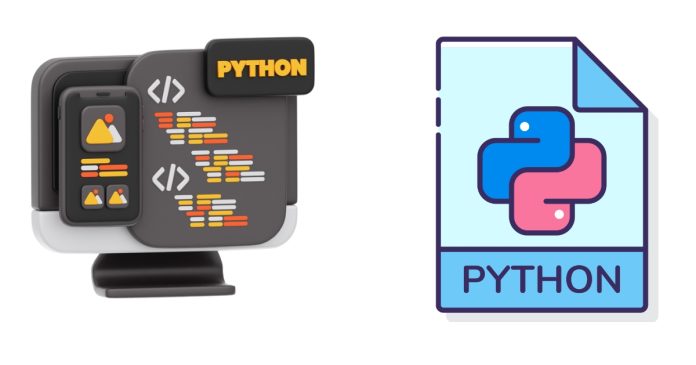Python functions are blocks of reusable code designed to perform specific tasks. They help organize code, improve readability, and avoid repetition. Functions are defined using the def keyword, followed by the function name, parentheses, and a colon. The function body, indented under the definition, contains the code to be executed. Parameters can be passed into functions, allowing them to work with different inputs. Functions return values using the return keyword, although returning is optional. Functions can also have default arguments, handle variable-length arguments with *args and **kwargs, and support recursion. By using functions, programmers can break complex problems into smaller, more manageable pieces, promoting better structure and maintainability in code.


